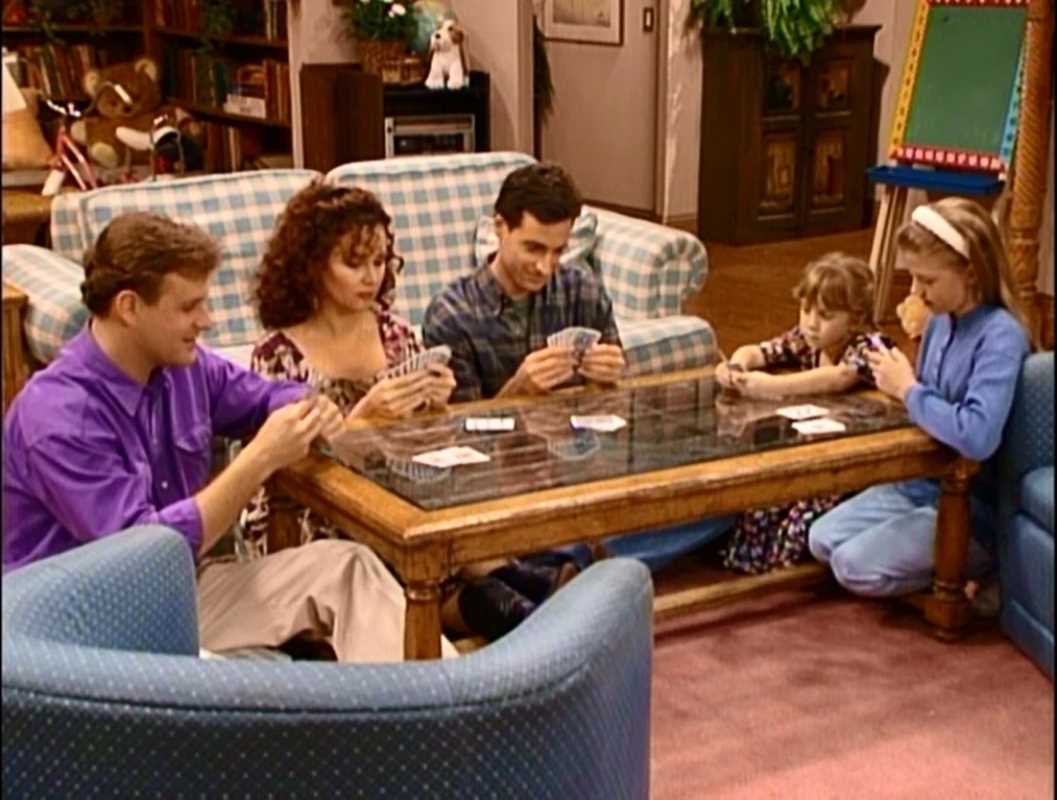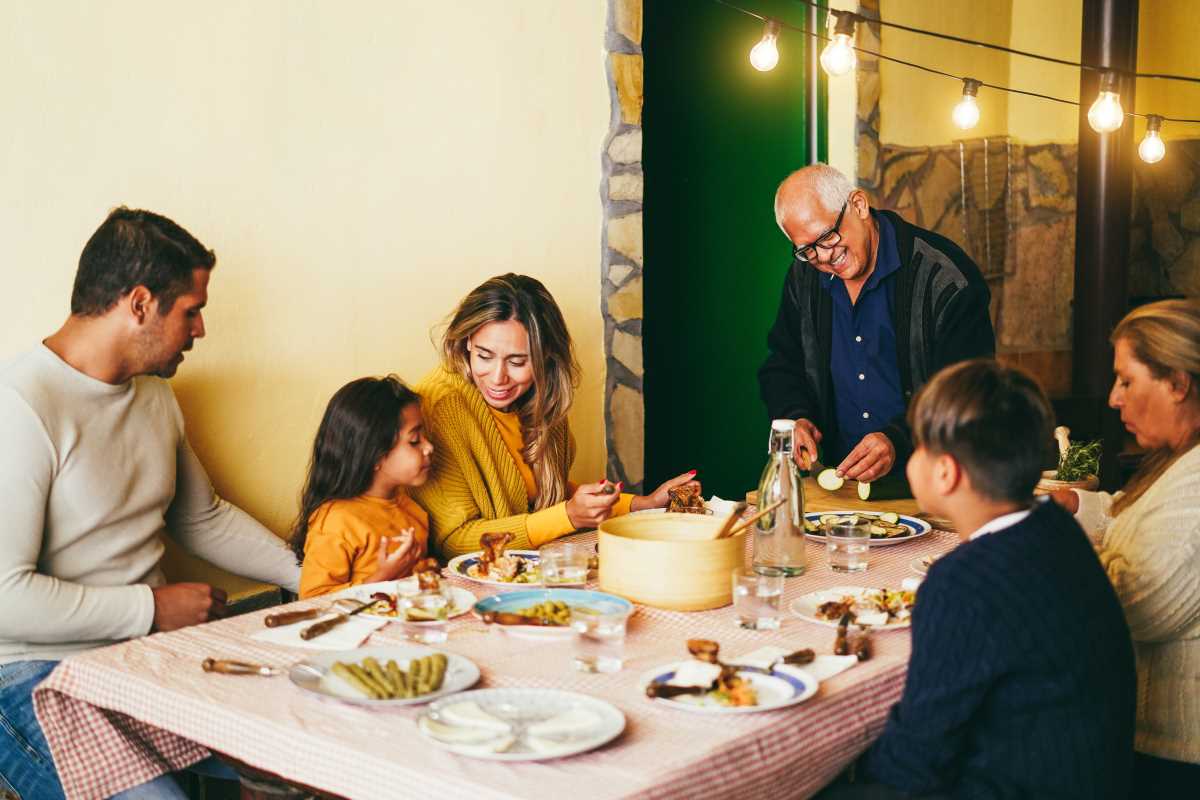A miscarriage is one of the most heartbreaking and confusing experiences a family can face. Often hidden and rarely talked about, this kind of loss goes beyond just the parents—it touches everyone in the family. While it’s common to think of miscarriage as a grief that only affects the parents, its emotional ripples can spread to siblings, grandparents, and even extended family members. Each person processes the pain differently, and it’s important to understand and support one another during this difficult time.
Dealing with the loss of a pregnancy is never easy, but healing as a family is possible. By fostering open communication, seeking help when needed, and remaining patient with each other, families can find a path forward together.
The Emotional Impact on Parents
For parents, the grief of losing a baby during pregnancy often feels isolating and all-consuming. This is especially true because miscarriage is such a deeply personal experience that is often accompanied by feelings of guilt or shame, even when the loss was completely out of their control.
Grief and Loss
Many parents bond with their baby the moment they learn of the pregnancy. They start imagining their future—holding the baby for the first time, watching their child grow, and all the milestones ahead. When a miscarriage happens, those dreams are suddenly taken away, leaving a deep void.
This kind of grief hits in waves. Some days, parents might feel functional; other days, the smallest reminder—a baby stroller, a due-date milestone—can bring on a flood of emotions. Both mothers and fathers experience this grieving process, even though they may express it differently.
Guilt and Self-Blame
One of the most common but heartbreaking emotions parents feel after a miscarriage is guilt. Many mothers question their actions during pregnancy, wondering if something they did caused the miscarriage. Fathers or partners might feel guilty for not being able to protect their baby or provide more comfort to their grieving partner.
These feelings are rarely grounded in reality, but they can be hard to shake. Miscarriages are almost never the result of anything a parent did or didn’t do, but the weight of self-blame can feel overwhelming.
Strained Relationships
Grief can either bring couples closer together or strain their relationships, depending on how they process their emotions. If one partner wants to talk about the loss while the other withdraws, this misalignment can create frustration or misunderstandings. Recognizing that each person grieves in their own way and at their own pace is essential in maintaining connection during this time.
The Impact on Siblings
If the family already has children, they, too, are affected by the miscarriage in ways that might not be immediately recognized. Even young children who don’t fully understand what has happened can sense the shift in the home’s emotional atmosphere.
Confusion and Sadness
When parents share the news of a pregnancy, older siblings often become excited about having a new brother or sister. A miscarriage disrupts this excitement, leaving children confused about why the baby won’t be arriving.
For very young kids, it may be difficult to explain the situation in a way they fully understand, which can lead to feelings of sadness without knowing why. Teenagers, on the other hand, may grasp the loss more deeply and feel it acutely, particularly if they had already built their own hopes around welcoming a new sibling.
Feeling Overlooked
During the grieving process, parents are often consumed by their own sorrow, which can make siblings feel overlooked or unsure of their place in the family. Children might not express their feelings directly but may show them through changes in behavior—acting out, withdrawing, or needing more attention.
Providing reassurance and letting siblings know they are still loved and supported can make a big difference.
The Role of Extended Family
Grandparents, uncles, aunts, and cousins may not have the same level of attachment to the unborn baby, but that doesn’t mean they don’t feel the loss or the sadness it has brought.
Grieving for the Parents
For grandparents, watching their child experience a miscarriage can be especially painful. Miscarriage not only means the loss of their grandchild but also the heartache of seeing their son or daughter suffering. Many grandparents report feeling helpless, unsure of how to comfort their child without saying the wrong thing.
Aunts, uncles, and cousins might also feel this shared grief, even if it’s more distant. They might struggle with knowing what to say or do to provide support.
Missteps in Communication
While extended family members often want to help, they may unintentionally say or do things that increase the pain. Comments like “you can always try again” or “it just wasn’t meant to be” are often meant to provide comfort but can feel dismissive of the grief at hand. It’s important for extended family members to approach with empathy, even if they don’t know exactly what to say.
Supporting Each Other Through Grief
Healing as a family after miscarriage requires patience, understanding, and support. Here are some ways families can come together after a loss.
1. Practice Open and Honest Communication
Sharing feelings openly can be incredibly healing for everyone involved. Parents should feel empowered to talk about their grief and their needs, and other family members should be encouraged to share their own emotions respectfully.
For siblings, simplifying the situation in age-appropriate language can help them feel less confused. For example, you could say, “The baby wasn’t ready to join our family yet,” and reassure them that no one is to blame.
2. Seek Professional Help
A therapist or grief counselor can provide tools and guidance to families navigating such a loss. If conversations within the family feel too heavy or if anyone feels stuck in their grief, professional support can be life-changing.
Support groups specifically for miscarriage can also provide comfort, showing parents and families that they’re not alone in their pain.
3. Create Space for Grief
Families grieve in many ways. Some might find comfort in doing something symbolic, like planting a tree or creating a small memorial for the baby. Others might focus on private reflection or choosing to honor the baby’s memory quietly.
There’s no right or wrong way to grieve. Respecting everyone’s unique healing process is essential for moving forward as a family.
4. Lean on Each Other
When emotions run high, tensions can rise. But by leaning on one another and offering compassion over judgment, families can strengthen their bond. Little gestures—a heartfelt hug, a shared memory, or simply sitting together in silence—can go a long way.
Moving Forward Together
A miscarriage is a devastating experience that affects every branch of the family tree in its own way. But with time and intentional effort, families can heal together. Recognizing everyone’s feelings, whether it’s sadness, anger, confusion, or guilt, is the first step toward recovery.
It’s okay to move at your own pace and to lean on professional support when the weight feels too heavy to carry alone. Healing doesn’t mean forgetting; it means finding ways to honor what’s been lost while also looking forward with hope.
For families navigating the aftermath of miscarriage, remember that this pain doesn’t need to be carried alone. Together, you can emerge stronger, more connected, and ready to face the future with compassion that only comes from shared resilience.






.jpg)
.jpg)